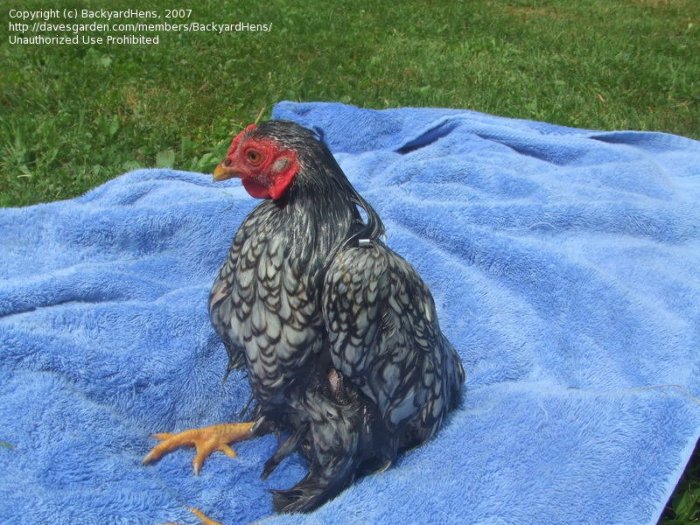Madder than a wet hen restaurant – In the realm of language, the phrase “madder than a wet hen” takes center stage, inviting us to delve into its historical origins, psychological underpinnings, cultural interpretations, and unique usage within the restaurant industry. This exploration promises a journey that is both enlightening and engaging, revealing the nuances of a phrase that has captured the imagination of generations.
From its humble beginnings to its widespread adoption, the phrase “madder than a wet hen” has woven itself into the fabric of human expression, offering a colorful and evocative way to describe a state of extreme agitation or annoyance. Join us as we uncover the secrets behind this intriguing idiom, exploring its etymology, behavioral explanations, cultural significance, and practical applications.
History and Origins

The phrase “madder than a wet hen” has a long and colorful history. It is first attested in the early 16th century, and it has been used ever since to describe someone who is extremely angry or upset.
There are several possible explanations for why hens are often associated with being mad when wet. One possibility is that the cold water causes them to become stressed and agitated. Another possibility is that the water washes away the natural oils that protect their feathers, making them more vulnerable to the cold and causing them to become irritable.
Whatever the reason, the phrase “madder than a wet hen” has become a common expression in the English language. It is used in a variety of contexts, from everyday conversation to literature and film.
Psychological and Behavioral Explanations: Madder Than A Wet Hen Restaurant
There are a number of psychological and behavioral reasons why hens may exhibit agitated behavior when wet. One factor is the release of stress hormones, such as corticosterone, when they are exposed to cold water.
Another factor is that hens are social animals, and they rely on their feathers to stay warm and dry. When their feathers are wet, they can become cold and uncomfortable, which can lead to increased stress and agitation.
Finally, hens have a natural aversion to water. This is because their feathers are not waterproof, and they can easily become waterlogged and cold if they get wet. This aversion to water can also contribute to their agitated behavior when they are wet.
Cultural and Societal Interpretations
The phrase “madder than a wet hen” has a variety of cultural and societal interpretations. In some cultures, it is seen as a humorous way to describe someone who is angry or upset. In other cultures, it is seen as a more serious expression, and it can be used to describe someone who is out of control.
The phrase is also used in a variety of literary and artistic works. For example, it is used in the title of a poem by William Shakespeare, and it is also used in the lyrics of a song by the Beatles.
Use in the Restaurant Industry

The phrase “madder than a wet hen” is also used in the restaurant industry. It is often used to describe a customer who is angry or upset about their food or service.
There are a number of reasons why a customer might become “madder than a wet hen” in a restaurant. One reason is that they may be unhappy with the quality of their food or service. Another reason is that they may be feeling stressed or overwhelmed by the dining experience.
Whatever the reason, it is important for restaurant staff to be aware of the potential for customers to become angry or upset. By being prepared to deal with these situations, restaurant staff can help to ensure that all customers have a positive dining experience.
FAQ Compilation
What are the historical origins of the phrase “madder than a wet hen”?
The exact origins of the phrase are unclear, but it is believed to have emerged in the 16th century, possibly referencing the agitated behavior of hens when their feathers are wet.
Why are hens often associated with being mad when wet?
Hens have a natural aversion to water, and when their feathers get wet, they become uncomfortable and stressed, leading to agitated behavior.
How is the phrase “madder than a wet hen” used in the restaurant industry?
In the restaurant industry, the phrase is often used to describe a customer who is particularly difficult to please or who exhibits excessive complaining or agitation.